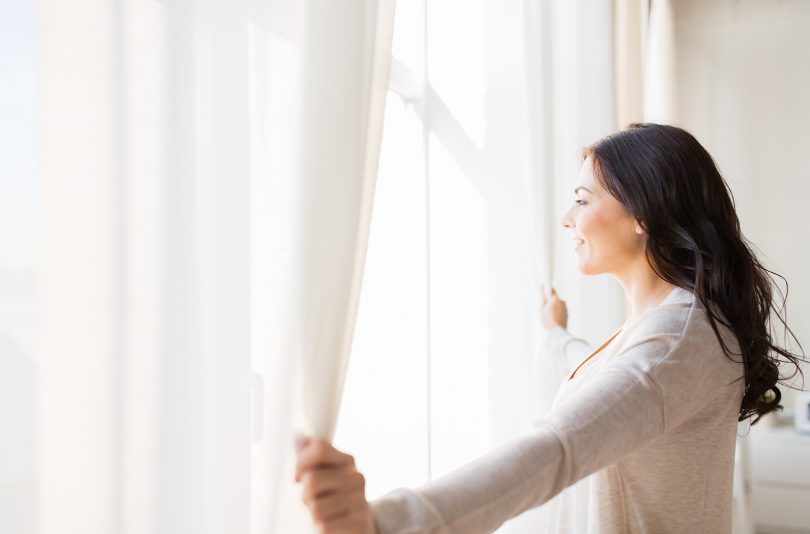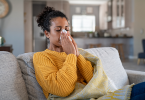If you’re like most Americans, you’re probably not getting enough sleep. According to a study from the Centers for Disease Control and Prevention (CDC), more than a third of American adults aren’t getting the recommended seven to nine hours of sleep each night on a regular basis. Getting enough sleep isn’t only important for feeling energized each day, but it’s also important for staying in good health.
“Sleep is not just a time out,” said Penny Mehaffey, clinical coordinator for Augusta University Sleep Center, “but it is also an active state that is important for the renewing of our minds and bodies.”
Regularly sleeping less than seven hours each day is associated with an increased risk for obesity, diabetes, high blood pressure, heart disease, stroke and frequent mental distress. But getting enough sleep each night can be tough with the stresses of daily life, let alone when you just can’t get your body to power down for the night.
While there are plenty of prescription drugs that can help with insomnia, natural sleep remedies available over-the-counter may offer help with fewer side effects. But what are these natural sleep remedies and how can they help?
- Melatonin is a natural hormone that helps control your sleep-wake cycle. Melatonin supplements have been found to be helpful for treating jet lag and reducing how long it takes to fall asleep. Unfortunately, the safety of long-term use of melatonin has not been established.
- Valerian supplements have been found in some studies to help you fall asleep faster and sleep better. However, not all studies have shown it to be effective, and it could create side effects like headache, dizziness and stomach problems.
- Hops, the fragrant flowers used in beer making, may have a use beyond lending bitter taste to libations. Hop extract used in combination with valerian has been shown in some studies to help people fall asleep faster and have better sleep quality.
- Aromatherapy, particularly with pure lavender essential oil, may be helpful in your pursuit to sleep more soundly. In one small study, smelling lavender at night increased slow-wave sleep, the deep slumber that helps you feel refreshed in the morning.
“All of these remedies should be considered short term,” Mehaffey said. “You should talk with your doctor about your symptoms and get to the root of your sleep problems.
Mehaffey also recommends not watching television or using other electronic devices with screens an hour before bed and keeping them out of the bedroom.
“If you are experiencing difficulty falling or staying asleep on a regular basis, there is likely a deeper issue that needs to be addressed,” Mehaffey said. “Seeing a sleep professional can help to get to the bottom of issues, because they are highly trained and specialize in many different sleep disorders.”
Still struggling with sleep?
If you have trouble falling or staying asleep or experience problems with excessive daytime drowsiness, you may suffer from a sleep disorder. To make an appointment with our sleep experts, call 706-721-2273, email zzzz@augusta.edu or visit augustahealth.org/sleep.





